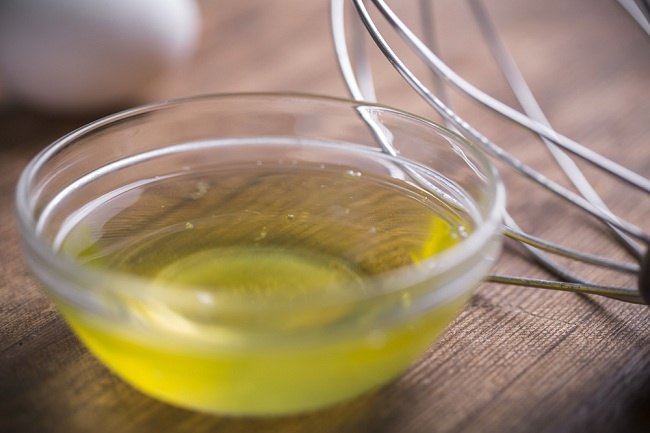Maple syrup urine disease (MSUD) or maple syrup urine disease is one of the diseases genetics (heredity) and very serious. This very rare disease makes the body unable to process amino acids, causing a buildup of harmful substances in the urine and blood.
Under normal conditions, the human body can process protein from fish and meat into amino acids and get rid of substances that are not needed by the body. Amino acids are substances that are produced after the body digests protein from the food consumed.

In patients with maple syrup urine disease, the amino acids leucine, isoleucine, and valine cannot be processed normally. Though amino acids in high levels can harm the body. The body's inability to digest amino acids in this disease is caused by a genetic disorder that inhibits the production of protein-digesting enzymes.
Disease-causing gene mutations
Children with maple syrup urine disease inherit two copies of the mutated gene each from their father and mother. If you only have one gene, your child will only be a carrier of MSUD. If the father-to-be carries the MSUD gene and the mother-to-be carries the MSUD gene as well, then their child has a 25% chance of developing MSUD, and a 50% chance of being a carrier of the MSUD disease gene. This is where the importance of informing if there is a family member who has a history of the disease.
Although there is no way to prevent the birth of a baby with MSUD, your doctor can check whether you and your partner are at risk for having a baby with maple syrup urine disease or other inherited disorders through genetic testing.
After the baby is born, maple syrup urine disease can be recognized by the symptoms that appear in the early days or weeks after birth. Therefore, be aware if your little one experiences the following conditions:
- Sweet-smelling urine and sweat
- Not gaining weight
- Don't want to breastfeed
- Throw up
- Stiff or limp muscles
- Seizures
- Fussy
- Often looks weak
- Hard to breathe
- Abnormal sleep patterns
The sooner the baby's condition is checked by the doctor, the faster and more accurate the treatment will be. Proper treatment can also prevent sick babies from developing complications of MSUD, such as coma, brain damage, blindness, metabolic acidosis, mental disorders, growth retardation, and even death. To confirm the diagnosis, the doctor will perform a physical examination plus a series of supporting examinations with blood, urine, and genetic tests.
Accompanying Children with Maple Syrup Urine Disease
In children diagnosed with MSUD, it is necessary to periodically evaluate the condition to the pediatrician. The doctor will make sure the growth and development is appropriate, and monitor the nutritional status of the little one. Treatment to treat maple syrup urine disease itself must be carried out continuously for life, such as blood tests to continuously monitor the body's amino acid levels.
Here are some guidelines for assisting children with maple syrup urine disease.
- Diet and nutrition managementChildren with MSUD need to be accompanied by a pediatrician who specializes in nutrition and metabolic diseases to undergo a low-protein diet to reduce levels of amino acids, especially isoleucine, valine, and leucine.
- In general, people with maple syrup disease need to limit the consumption of high-protein foods, such as chicken eggs, fish, meat, cheese, nuts, even though these ingredients are needed for their development.
- Some children may need to take valine and isoleucin supplements.
- Breastfeeding and infant milk need to be monitored because formula milk generally contains amino acids. Babies with maple syrup urine disease are usually given special formula milk that is low in protein but contains minerals, vitamins, and other amino acids that the little one needs.
- Handling emergency conditions
Your doctor may suggest replacing foods and milk, which generally contain protein, with amino acid supplements and drinks with high sugar content. On the other hand, infants with MSUD who continue to have diarrhea need to be immediately referred to the emergency department for an intravenous drip to prevent dehydration.
Parents should bring a note or leaflet about handling this condition when going to the emergency unit, because it is possible that the doctor who treats your little one has never treated MSUD patients before.
- Liver transplantPatients with maple syrup urine disease who undergo liver transplantation can lead normal lives without metabolic disorders. However, the liver transplant procedure also has its own risks, so patients who undergo it need to take drugs to suppress the immune system for life.
Parenting and assisting children with MSUD disorders or other metabolic disorders does require patience. Without treatment, MSUD patients will experience life-threatening symptoms, such as brain damage, developmental delays, seizures, or even coma and death. However, with proper and periodic assistance, children with maple syrup urine disease can live an active and normal life.









